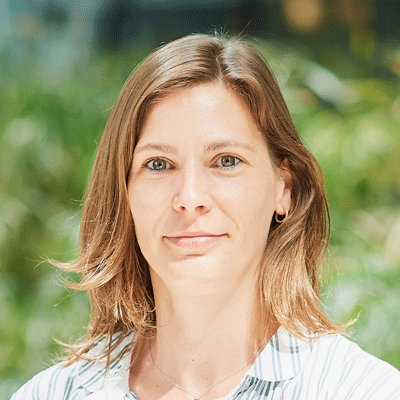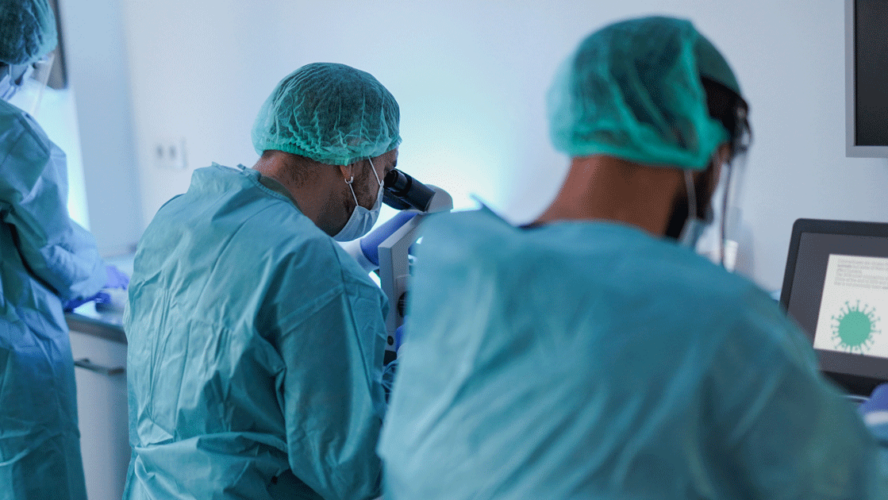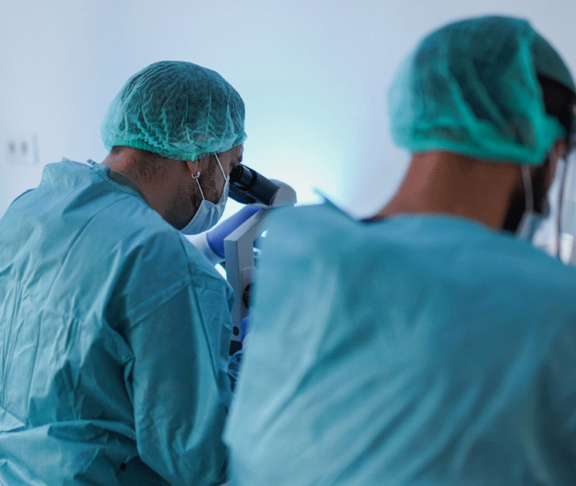
Roseline Favresse
Research Policy and Initiatives Director, EURORDIS-Rare Diseases Europe
Empower rare disease patients worldwide. Break funding barriers for equitable care. Help ensure every rare condition receives the attention it deserves.
Rare diseases impact hundreds of millions worldwide but receive inadequate research funding. Traditional funding, designed for common diseases, fails to meet the unique challenges of rare diseases. Ensuring equitable care for every rare disease patient is crucial.
Need for rare disease research equity
Despite noble efforts to enhance funding for rare diseases in Europe, it remains fragmented and insufficient. Alarmingly, only a fraction of rare diseases have established therapies. This leaves most individuals with rare conditions in a precarious state, especially considering that 94% of rare diseases lack specific treatments. This isn’t just a medical issue — it’s a matter of equity and justice.
Collaborative treatment innovations
EURORDIS champions a patient-centric research approach, treating patients and their families as vital partners. Their insights and experiences are invaluable in enhancing research. A collaborative framework in Europe — and particularly, the upcoming European Rare Diseases Research Alliance (ERDERA) supported by the EU — uniting patients, researchers, industry partners and policymakers will be crucial to harness this potential.
Public-private partnerships are a promising strategy. They combine private-sector innovation with public-sector commitment to public health. These partnerships must be designed to meet the needs of rare disease patients, not solely driven by market forces.
Innovative funding models are vital to support research from basic science to clinical trials and treatment development. We need novel business models to make research financially viable for even the smallest patient populations.
94% of rare diseases lack
specific treatments.
Data sharing to enhance research
Data sharing is another key factor. With 95% of rare disease patients willing to share their health data for research, a collaborative approach to data management across Europe could significantly speed up research. However, this needs a shift towards openness and a regulatory framework supporting secure and ethical data sharing.
European Member States and the UK, which has maintained an association with the EU’s Horizon Europe programme, must be encouraged to invest strategically in rare disease research.
Our European Conference on Rare Diseases and Orphan Products (ECRD) 2024, scheduled for 15 and 16 May in Brussels and online, will feature a session on boosting research funding. The conference is supported by the European Commission, AFM-Téléthon and several healthcare companies. Together, we can ensure no patient is left behind due to their condition’s rarity.


